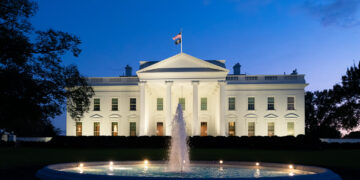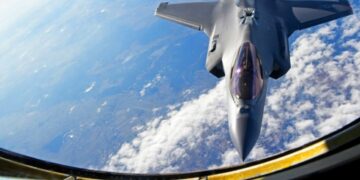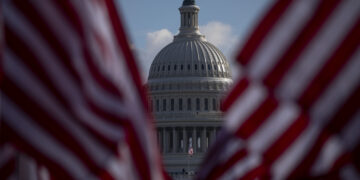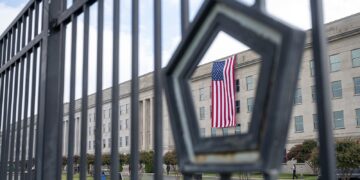November 14, 2025
Trump’s Venezuela war threat a gift to China

Having once promised to halt America’s “endless wars,” Donald Trump now finds himself deliberating whether to start another one in Venezuela. A number of rationales have been floated to support this prospective military intervention, including stopping “narco-terrorism” and spreading democracy.
Another related justification is that “great power competition” means the U.S. must be more aggressive in curtailing China’s rapidly growing influence in Latin America. And while it’s true that Beijing’s ties with Latin American nations have been expanding, a U.S. military intervention against Venezuela would likely backfire by energizing China’s growing influence there.
A 2024 survey in The Economist laid bare the stark changes underway in America’s backyard thanks to Beijing’s commercial prowess and flourishing trade relationships. The Economist noted that trade between China and Latin America had increased spectacularly from $18 billion in 2002 to $450 billion in 2022. The report also mentioned that Chinese ambassadors in Latin America speak good Spanish and Portuguese and have expanded their diplomatic staffs.
The article quotes then-Senator Marco Rubio complaining that the U.S. “can’t afford to let the Chinese Communist Party expand its influence and absorb Latin America and the Caribbean into its private political-economic bloc,” while noting that the regional response has “generally been a shrug of the shoulders.”
Now serving as both secretary of state and national security adviser, Rubio seems intent on countering China’s efforts—perhaps starting in Venezuela.
More on Western Hemisphere

February 3, 2026

By Peter Harris
January 30, 2026

By Peter Harris
January 28, 2026




